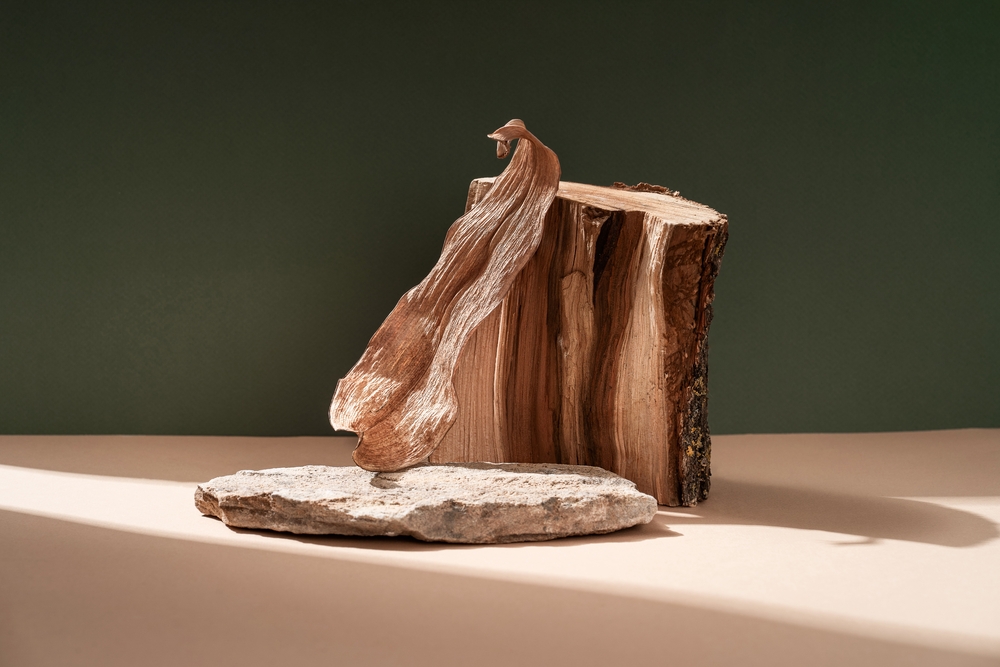Planning an outdoor upgrade? You’ve probably narrowed it down to two big options: a paver patio or a deck (either wood or composite like Trex).
At first glance, a deck appears to be a fast and attractive way to create usable space. But over time, especially in Texas heat and clay soil, decks come with more upkeep, more risk of damage, and less flexibility in both design and use.

Meanwhile, paver patios quietly outperform in nearly every category that matters: durability, maintenance, appearance, and long-term value.
Let the experts at Marshal Renee and PavePro break down the real differences and help you choose the option that’s going to last, look sharp, and give you the best return on your investment.
Upfront Cost vs Long-Term Value
Let’s face facts, cost and quality may go hand-in-hand mentally, but at the end of the day, everyone wants a good price. Let’s break down the differences between the most popular options.
Wood Deck
Starts around $25–$35 per square foot for pressure-treated lumber. Higher-end woods like cedar or ipe push the price up fast.
Trex/Composite Deck
Averages $40–$60 per square foot. You pay more for durability and low upkeep.
Paver Patio
Typically $20–$45 per square foot, depending on layout and materials. This pricing includes professional base prep that makes it last.
At the end of the day, decks cost more upfront and don’t always last as long. With pavers, you get custom design, lower cost of ownership, and minimal repair costs down the line.
Maintenance Requirements
Wood decks need sealing, staining, or painting every 1–3 years. Skip it, and you risk warping, rot, or termite damage.
On the other hand, Trex/composite decks are lower maintenance, but you still need to wash them annually and inspect the wood frame underneath.
Paver patios is our favorite option because it doesn’t take much to keep pavers looking their best. At most they require basic sweeping, occasional power washing, and periodic re-sanding of joints every few years. That’s it.
Durability in Texas Weather
Texas weather doesn’t play around. With hot summers, flash floods, shifting soil, and blazing sun, the weather conditions can take a toll on any deck or patio over time.
Wood decks can crack, split, or pull away from the house over time, especially when installed over unstable ground.
Trex is better, but it can still fade and warp in extreme conditions. And the wood framing underneath? Still vulnerable.
One of the benefits of pavers is they are installed over a compacted base, designed to handle soil movement and drain water properly. They won’t warp or split; and if one gets damaged, it’s easy to replace without touching the rest.
Design Flexibility
Decks have a few layout options, but you’re mostly working with straight boards and railing systems. It’s functional, but somewhat limited. Trex offers more color variety, but still feels like… a deck.
If you really want something unique for your patio, pavers give you endless freedom: curves, angles, borders, mixed textures, multi-levels, fire pits, built-in seating, and even turf inlays.
If you want an outdoor space that feels custom to your home, pavers give you the creative control.
Heat & Comfort
Here’s the bottom line: Wood gets hot (Think 150 degrees Fahrenheit on an 80 degree day). Trex gets hotter. Stand on either in July barefoot, and you’ll feel it.
Pavers, especially lighter shades, stay cooler underfoot and don’t radiate heat the way composite decking does.
For patios near pools, pets, or play zones, pavers are far more comfortable.
Resale & Property Value
All outdoor upgrades help boost curb appeal. But buyers are savvy. They know the difference between something that looks good now and something they’ll have to replace later.
Wood decks age fast and can lower perceived value if they’re not spotless. We’ve seen it happen, and it’s likely you have too if you’ve ever gone house hunting.
Trex is more modern, but still reads as “product.” Many buyers see it as just a nicer version of what they’ll still have to maintain.
A professionally installed paver patio looks timeless, feels permanent, and blends seamlessly with the landscape, especially when matched to existing stone, siding, or outdoor features.
What We Recommend at Marshal Renee Construction
We’ve built both decks and paver patios across Dallas, Houston, San Antonio, and Austin, but if you’re looking for the following benefits, pavers are the way to go:
- Less upkeep
- More custom design options
- Better heat performance
- Longer lifespan (20-100 years based on material)
- Higher resale impact a paver patio is the smarter, longer-lasting investment.
Let’s Build It Right
Thinking about upgrading your yard, replacing an old deck, or starting from scratch? At Marshal Renee Construction, we don’t just install pavers — we build outdoor spaces that make sense, stay strong, and bring joy long after the install is done.
Reach out today to schedule a consultation. We’ll walk your yard, listen to your goals, and help you build a patio that suits your lifestyle and lasts beyond the trends.

